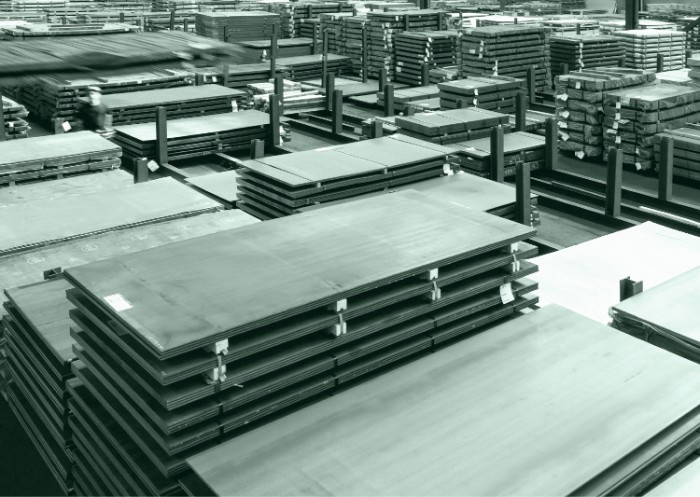„Klöckner & Co: Leveraging Strengths – Step Up 2030”
Under the corporate strategy implemented in 2021, “Klöckner & Co 2025: Leveraging Strengths,” the Company continued to develop successfully, improved its operational positioning and achieved important milestones. We are now entering the next phase of our strategic plan, with “Klöckner & Co: Leveraging Strengths – Step Up 2030.”


The core of our strategy is Customer Centricity: We consistently align our products, services and processes with the needs of our customers in order to offer them the greatest possible added value and build sustainable partnerships.
Under our growth strategy, we aim to become the leading service center and metal fabrication company in the strong North American and European economic regions by 2030 – with one of the highest levels of profitability in the industry. To achieve this goal, we will continue to pursue organic and inorganic growth opportunities and expand our higher value-added business and service center activities. As a result, we will increase profitability while significantly reducing our exposure to steel price developments together with the volatility of our results.

Our three strategic pillars

We will increase our focus on further diversifying and improving our product and service portfolio. The priority is to build a portfolio that generates even greater added value for our customers. This enables us to increase our share of wallet with existing customers, attract new customers, establish long-term contractual relationships – and thus further reduce the volatility of our results. Under the Nexigen® brand, we will increasingly offer our products and services in CO2-reduced form to meet growing demand in the years ahead.
We will further intensify our working relationships with strategic partners and suppliers. Furthermore, through targeted measures and complementary services, we will integrate our products and services deeper than ever into our customers’ value chains to deliver solutions that create even more added value for our customers.


We aim to offer customers the most efficient solutions and the best service. One of our main goals is seamless integration into our customers’ value chains. To this end, we will continue to identify and eliminate process inefficiencies. Our increasingly digitalized and automated business processes will help us further increase data-driven decision-making and drive operational and sales excellence for greater efficiency. We will continue to leverage our extensive expertise in automation and digitalization through the global deployment of our AI-powered tools to achieve economies of scale and create value with minimal manual effort, moving toward a “zero touch” model.
Sustainability at Klöckner & Co
Responsible behaviour plays a central role in our business model and in our self-image as a traditional company. For us, responsibility means organising all our business activities in an ethically and socially responsible, environmentally friendly and economically successful manner. The issue of sustainability along the value chain is of particular importance and a key part of our corporate strategy.

